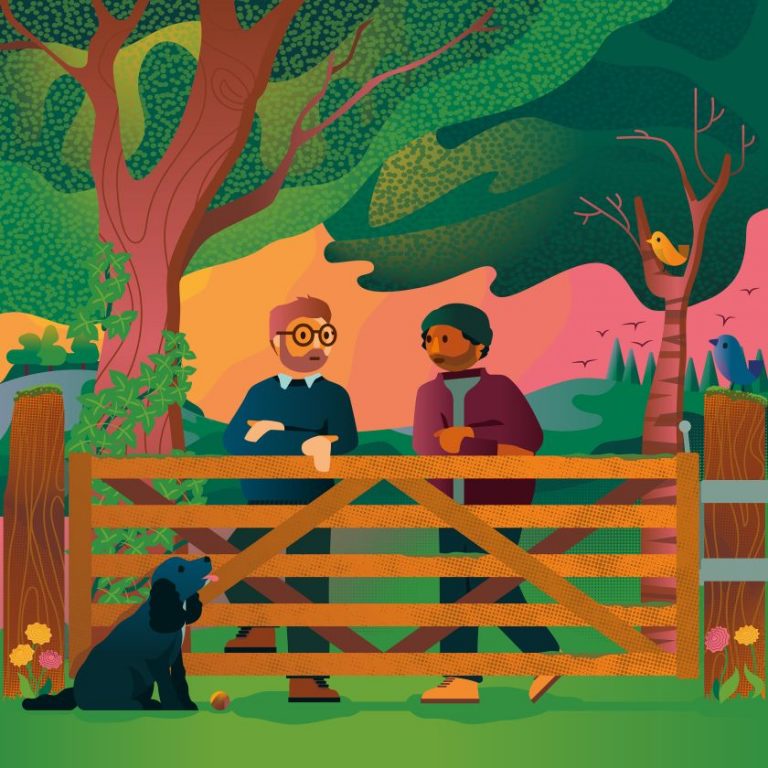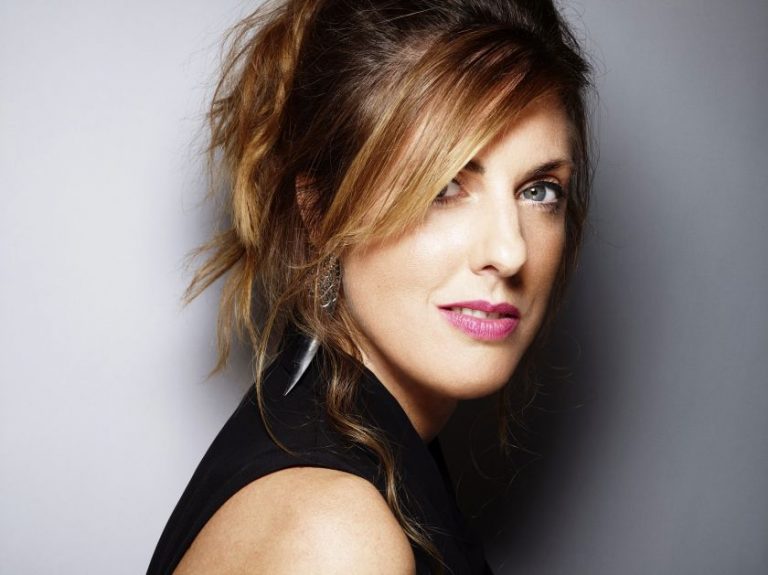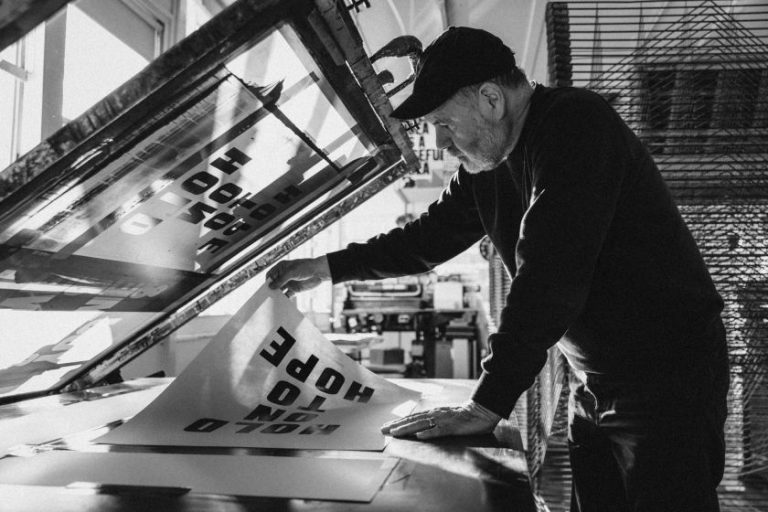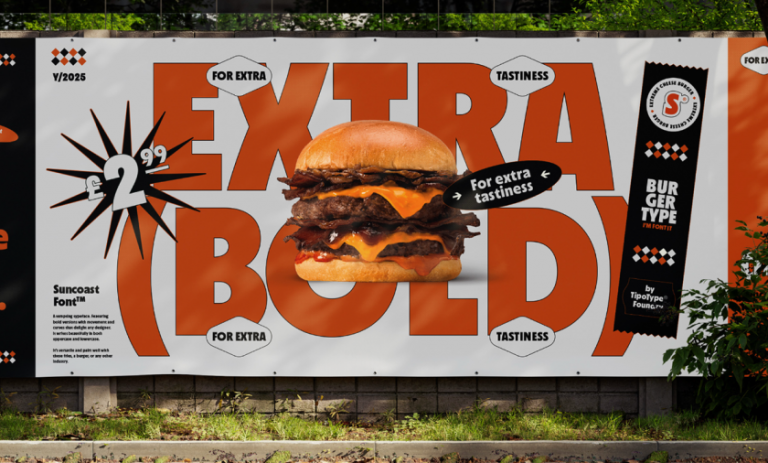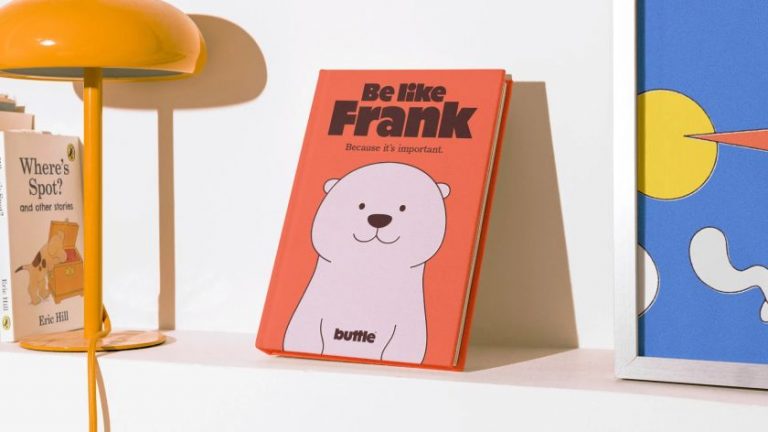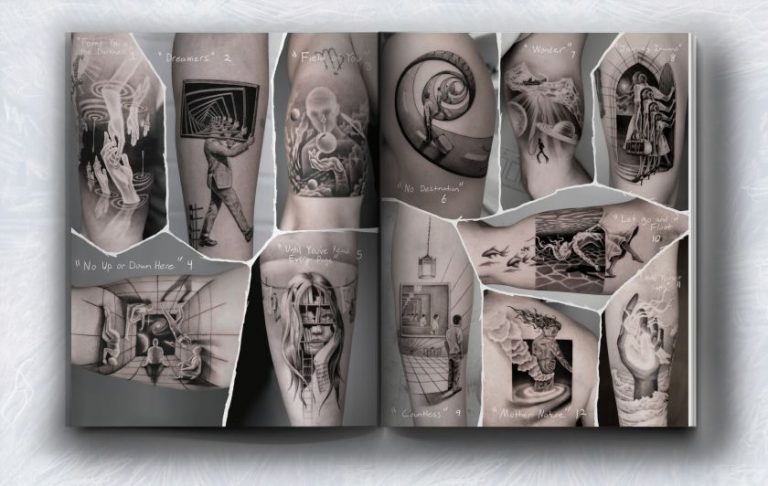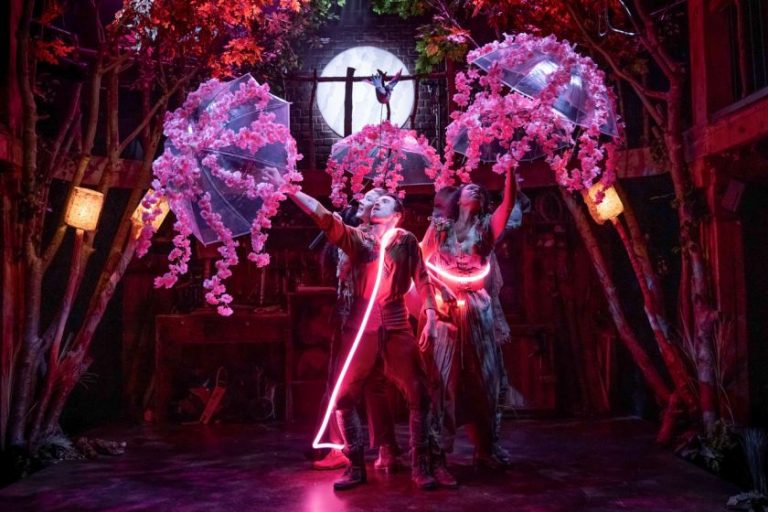Fitbit wants the Ace LTE to be the next big thing in the school playground. So, it partnered with Koto to create a brand strategy and visual identity that could give it a fighting chance of success.
Has your child asked for a smartwatch yet? If not, be prepared for a request soon (no doubt accompanied by a moan of “But everyone else at school has one!”). That’s because Fitbit, the fitness wearables company bought by Google in 2021, has unveiled its latest product to help get kids moving: the Fitbit Ace LTE.
This smartwatch, designed for kids aged seven and older, combines activity tracking with immersive gaming experiences to encourage physical activity. The device features LTE connectivity, GPS tracking, and a range of parent-focused safety features.
This is a huge market that Fitbit is aiming for, and in such a competitive environment, it can’t risk getting it wrong. And so it turned to the global brand and digital studio Koto to craft branding that could cut through with the Gen Alpha audience.
What the watch does
Before we delve into the branding, it’s worth understanding exactly what the Fitbit Ace LTE offers. While adults mainly want a step counter or activity tracker, the Ace LTE is designed to motivate kids to exercise by delivering fully immersive, interactive 3D games that require them to move around in various ways.
That means your child might be a chicken in a bathtub racing through space or fishing for a Soy Sauce Snapper in Smokey Lake. All a far cry from the kind of dull and dutiful 10K runs adults force themselves into in order to stay fit and healthy.
And the motivation doesn’t stop with games. Each gamer has a personal ‘eejie’—a customisable creature that feeds off daily activity. As kids play towards their movement goals, the happier their eejie gets.
By completing daily activities and moving through each game, kids earn arcade tickets, which can be used to customise their eejie’s look with new outfits or deck out their place in Bit Valley (home of the eejie). The smartwatch also offers six collectable Ace Bands.
Each Ace Band has built-in technology that unlocks different expansion packs, called ‘hauls’ when attached for the first time. Your child just needs to connect the blue Courtside Ace Band to immerse the eejie in a world of basketball or plug in the green Spooky Pugs Ace Band to meet Wally, Bit Valley’s resident dog, who apparently loves to cosplay.
Meanwhile, the real draw for parents and guardians is the Ace App, which allows them to see their child’s real-time location or call, send and receive messages in the app, add approved contacts, and manage settings like School Time to eliminate distractions during class. Creepy and intrusive, or vital safeguarding measures in a dangerous world? Opinions may vary.
Brand strategy
Koto’s brand work began with strategy and visual and verbal ID and eventually extended to marketing, digital, and packaging.
The brand strategy revolves around the core idea ‘Because it’s fun’, fueling a mission to move a generation of gamers. This ethos drives every brand decision, infusing enjoyment and play into each aspect of the toolkit.
A verbal identity, characterised by the attributes ‘Bold’, ‘Playful’, ‘Weird’, and ‘Loveable’, warmly welcomes kids into its vibrant world and encourages play in and out of the device.
Visual elements
At its core, the brand system is unified by a central motif: the ‘squircle,’ fittingly derived from the square-ish-circular face of the device itself. The squircle morphs into a flexible, modular framework, allowing brand elements to adapt to a wide range of contexts.
This infinitely modular grid structure enhances storytelling capabilities and reinforces the brand’s commitment to an innovative spirit.
Koto developed a custom typeface for the branding called Eejietype Sans. Inspired by the device’s forms, the typeface promises energy and vibrancy while complementing the hardware.
The Ace LTE wordmark, meanwhile, embraces a ‘zoomy’ perspective, reflecting the activated nature of children on the go. The symbol began life as the Fitbit Ace internal team logo and was redrawn and crafted to evolve into the emblem (a playful peace sign or a carefree set of bunny ears), appearing on the product, packaging and as a brand element.
Art direction and motion design
In terms of palette, the key brand colours are purple and green. The surrounding system adopts a highly saturated and animated set of gradients, buzzing with childlike verve.
More broadly, the art direction transports audiences into a captivating world through surreal landscapes and lively illustrations. This brand imagery aims to blur the boundaries of digital and physical, fostering an immersive and alluring experience with play at its core.
Motion design is a central focus. Communications range in tone from ‘cruise mode’ to ‘warp speed.’ The motion behaviours convey a sense of youthfulness while effectively allowing for a necessary tonal range across contexts and touchpoints.
To wrap it all up (literally), the Fitbit Ace LTE packaging aims to be a gateway to the product, bringing bands and collectables to life through sustainable choices in materials and substrates.
“Our partnership with the Fitbit Ace LTE team went far beyond crafting a brand,” says Caroline Fox, creative director at Koto. “It was about truly representing a younger generation of gamers and inspiring motivation to get up and go.
“Our nearly two-year collaboration served as a true extension of the Fitbit team across brand, digital and beyond, working tirelessly to ensure every aspect of the system resonated authentically with both kids and parents. We’re immensely proud of the experience we’ve built and feel so thankful for the trust in our team to build something so different and so special for Google.”

